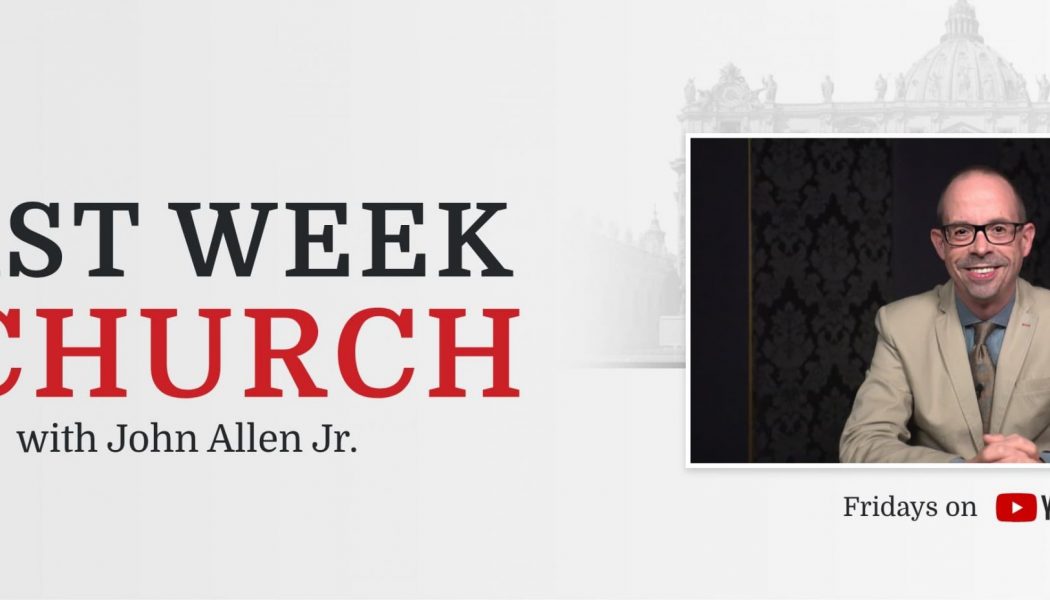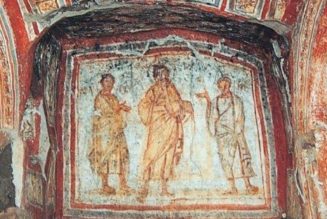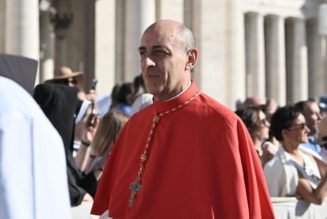ROME – In a candid 2019 interview published Saturday, Pope Francis reveals that he sees himself “dying as pope,” either in active duty or in retirement, and in Rome, because, he said, “I am not going back to Argentina.”
In the interview, published by Argentina’s paper of record, La Nacion, Pope Francis acknowledges that he does think about death, but says he is not afraid of it “at all.”
In context, the pope’s reference to not going back to Argentina appears to mean he won’t return for the end of his life, as many had speculated. However, given his reluctance to make a homecoming trip since his election in 2013, it could be that Francis meant he’s never going back at all.
The fact that Francis didn’t stop in Argentina in 2013, on his way to or from Brazil for World Youth Day, has led to speculation ever since about why the pontiff doesn’t want to go home, and, according to some opinion polls, a loss of support among his fellow Argentines who see the pope’s reluctance as a political choice.
For the past eight years, Francis has crisscrossed Latin America. Beyond the Guianas, the only nations in South America the first pope from the Global South hasn’t yet visited are Uruguay, Venezuela, and, of course, his own country, the land of Evita, Maradona and Che.
In a video filmed in 2016, he gave the most explicit explanation as to why he hasn’t gone back, arguing that the world is bigger than Argentina.
“You don’t know how much I would like to see you again. And I won’t be able to do it next year either, because there are commitments with Asia and Africa, and the world is bigger than Argentina,” he said, referring to the trips he had scheduled for 2017.
The pope then said he’s still an Argentine, that he travels with an Argentine passport and that he considers the Argentine people to be his.
“I’m convinced that as a people, you’re the biggest treasure our homeland has,” he said.
In the interview released Saturday, part of a book by Argentine journalist Nelson Castro titled The Health of the Popes, Francis refers to the fact that when he was a Jesuit novice he had a surgery to remove cysts in his lung, something from which, he insisted, he’s fully recovered. If he doesn’t disclose it, he said, most doctors examining him don’t even notice.
He also spoke about having gone to a psychiatrist when he was the head of the Jesuits in Argentina, a period that coincided with the country’s last military coup (1976-1983), to try to address the anxiety he was feeling due to hiding people wanted by the military and moving them in his car, with only a blanket as cover.
Francis said it wasn’t hard for him to consult with the psychiatrist because he is “very open” to psychology, and he noted that he’s convinced that “the study of human psychology is necessary for a priest.”
The pope does not, however, agree with a priest serving as a therapist, because the roles become confused and it’s difficult for the priest to maintain the appropriate distance.
Therapy is a big part of life in Argentina: The country has the highest number of psychologists per capita in the world, with around 198 psychologists per 100,000 inhabitants, a stark contrast to the approximately 34 licensed psychologists per 100,000 population in the United States.
Francis said that of the various kinds of neurosis a person can develop – anxious, depressive, reactive and post-traumatic – he suffers from the first, “wanting to do everything here and now. That’s why you have to learn how to slow down. We must apply the famous proverb attributed to Napoleon Bonaparte: ‘Dress me slowly, because I am in a hurry.’”
“I have quite tamed anxiety,” Francis said. “When I am faced with a situation, or I have to face a problem that causes me anxiety, I cut it short.”
“I have different methods for doing this,” the pope said. “One is listening to Bach. He calms me down and helps me analyze problems in a better way. I confess that over the years, I have managed to put a barrier to the entrance of anxiety in my spirit. It would be dangerous and harmful for me to make decisions under a state of anxiety.”
“The same happens with the sadness produced by the impossibility of solving a problem,” Francis said. “It’s important to master it and know how to handle it. It would be equally harmful to make decisions dominated by anguish and sadness. That is why I say that the person must be attentive to neurosis, since it is something constitutive of our being.”
Follow Inés San Martín on Twitter: @inesanma
Join Our Telegram Group : Salvation & Prosperity











